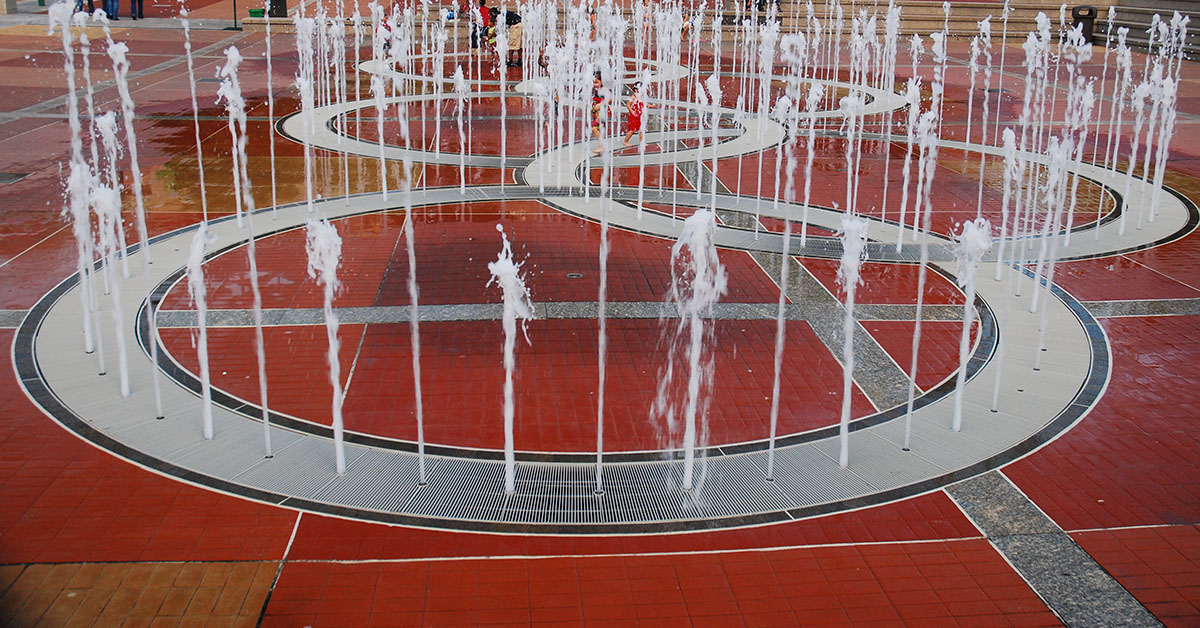On the Veoci team, there’s no shortage of impressive résumés or field experiences, and Lance Rocks only adds to that surplus.
Lance joined Veoci in 2022, and immediately went to work on creating the Veoci Exercise Series, exercises led by Lance and his team to give Veoci customers an opportunity to train for potential emergencies and other disruptions. We sat down with Lance and wrote a blog about the Veoci Exercise Series early in 2023, which you can read here.
Now we’re going to focus more on Lance as a practitioner, how his experiences led him here, and his goals in his role as an Exercise Specialist.
Early Years: The Value of Field Experience
Lance spent 24 years in the U.S. Coast Guard, two and half decades full of unique and interesting learning experiences. He’d often cross into emergency management during these years, picking up new skills and understandings at each stop. Lance even endured great shifts in training, implementation, and methodology spurred by a bureaucratic reshuffle and 9/11.
He’s a master of his craft, and that badge doesn’t come without its trials. Lance first dove into emergency management in the late 80s and early 90s alongside the District of New Orleans. He and the emergency management stakeholders in the district built out the district’s contingency planning while building critical muscle memory through exercises and training.
Lance then received a special task courtesy of the 1996 Olympics: security for yachting events. The assignment predated the uniform application of ICS planning and mitigation, and mixed in special conditions. It required the same multi-stakeholder approach a future barge grounding did, one that factored in other agencies and embassies, and the Department of State.
As his career in the U.S. Coast Guard progressed, he found himself in Guam, where he drafted the territory’s emergency management plans and responded to a few major events. He was appointed the Incident Commander for a barge grounding while stationed on the island, an operation that included coordinating numerous stakeholders across the military and territorial and federal governments.
What all of these experiences granted Lance was valuable real-world experience. The exposure to emergency management his stations provided helped him put theory into practice and see firsthand the value of field experience.
Today’s emergency management landscape draws many differences to its 90s iteration, a major shift spurred by one of the greatest tragedies in recent history: 9/11. Emergency management and response history buffs know 9/11, alongside Hurricane Katrina a few years later, forced a perspective change in the field. More of emergency management became standardized, was approached holistically, and built on the Incident Command System (ICS) that Californian firefighters pioneered a few decades prior following these two major events.
Lance endured this major shift and blended the skills and knowledge from his past assignments with the new emergency management school of thought.
The Exercise Master
So, how does all of Lance’s experience translate to the present?
Today, Lance is an Exercise Specialist at Veoci, where he primarily plans and leads exercises as part of the Veoci Exercise Series. The initiative has been a big success, and the program continues to grow through the efforts of Lance and other members of the Veoci team.
The program provides Veoci customers the opportunity to get what Lance thinks is the most valuable thing for emergency managers: real-world experience. Lance knows from his own experiences that no amount of book training and time spent in class can substitute for the hands-on stuff. Those field experiences are the final piece in any training, and teach you how to handle situations books and lectures rarely account for.
When an emergency happens, the speed of everything can be dizzying. That shuffle can complicate keeping a clear head. Lance says an essential component of circumventing the confusion is to build muscle memory and familiarity, and cut out the extra thinking. Those developed instincts become a fallback in the face of a seemingly impossible situation.
While exercises aren’t exactly field experience, Lance knows how to make them as real as possible. Participants are given the scenario and told to work through the situation exactly as they would for a real scenario. This includes utilizing all of the EOC tools and bringing in all of the stakeholders they feasibly can.
Lance wants exercise participants to use their tools and solutions and start to understand why features and tools are available. With an example in hand, participants can utilize new features, solutions, and paths effectively under unfamiliar circumstances.
The exercises are also an opportunity to showcase new Veoci features and solutions to customers. While Veoci does send its customers regular newsletters about new features and enhancements, the exercises demonstrate how to utilize each new feature in different scenarios.
Advice for Practitioners
It’s always worth asking a seasoned practitioner what their advice for other practitioners is. So, when asked, Lance echoed the importance of field experience. Academic knowledge will only get a practitioner so far. The book smarts are a solid foundation, but full preparedness comes with getting the real-world repetitions. As Lance put it, “Learn to do the neat things and how to make it all work when it matters.”
Another idea Lance stressed was the importance of tools and utilizing each one well. Spend some time each day, or just when possible, working with the tools deployed during daily operations or a response. The sense of comfortability will go a long way during the tumult inherent to emergency management.
Bigger and Better Exercises
With some much already having been done, is there even more for Lance to do?
Yes, he believes there is.
Right now, Lance builds specific scenarios any customer can participate in. But one of his goals is to make these exercises more specific and tailored to the exact experiences of Veoci customers. Deeper cuts should help these organizations become even more resilient and prepared than they already are.
Lance envisions hurricane-centric exercises that Veoci customers in the U.S. South can attend, or wildfire-based injects for customers in drier fire-prone regions. These exercises are an opportunity to continue expanding our understanding of the threats our customers face, and the exact tools needed to combat these events as efficiently as possible.
Anticipation is often a cog behind success, and that fact is also true for preparedness. Lance wants to eventually build exercises for potential future scenarios that haven’t yet been realized. But what do those look like? Lance said exercises developed from potential conflicts and those conflicts’ effects on supply chains, civil unrest, and other factors is just one idea.
Learning from Experience
Experience is the best teacher, and that’s a guiding principle Lance abides by.
Field experience has no substitute. It carries its own lessons, ones the classroom can’t offer. Lance emphasizes that it’s about finding a balance between the books and hands-on work.
Lance wants to give practitioners the opportunity to perform that hands-on work, and the Veoci Exercise Series is just the start. As the program continues to grow, Lance can continue to leverage his own field experience to bolster the preparedness of other practitioners.








